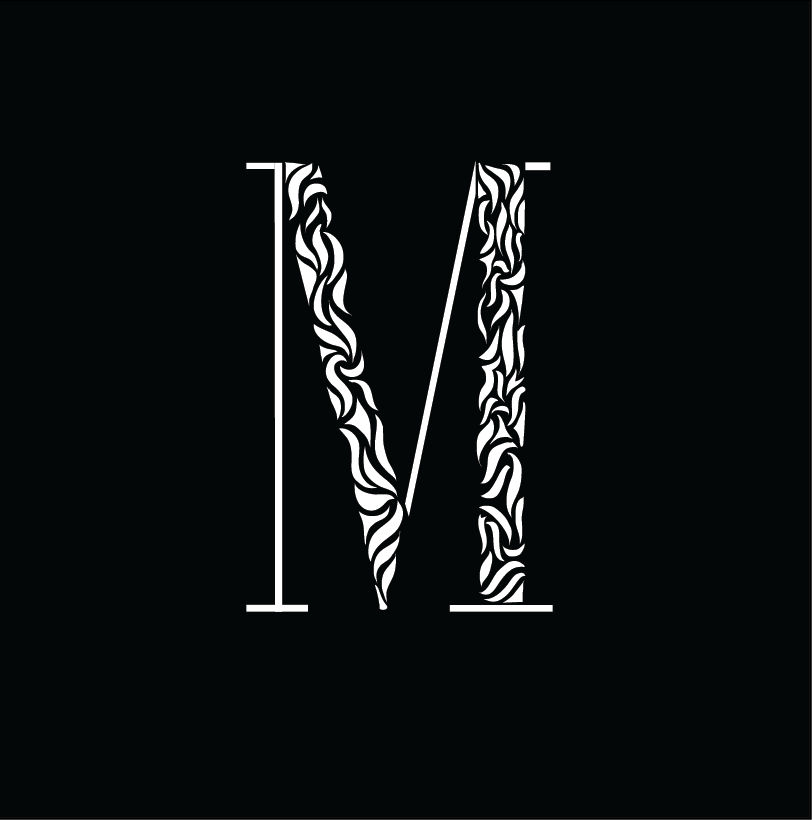Dad, who is my sister? Half-sister, I guess, but as a man who raised two children not of our genetic material, I try, try so hard, to ignore those distinctions. You informed me of her existence in the spring of 1986, on dumpster-procured, mismatched chairs at 204 Silliman Avenue in San Francisco. A small bungalow I shared with three friends in the working-class Portola neighborhood. Its worth a million and change today, and one of those men is dead, falling just short of forty, he has been in the ground over ten now, but he is still priceless to me, of this world or not. And what about my sister? What is she worth to you, and you to her? What are we worth to each other?
I don’t even know her name, but recall it being religious and inspirational, Hope or Faith, perhaps. You said that she was an opera singer in New York, successful, you stressed, as if a source of pride. You recalled that you were young, married quickly and briefly, and divorced after very little time. You said that many years before, you had wanted my biologicals and I to meet her. Mom refused. Yet last year, mom insisted that it was your daughter herself who wanted nothing to do with you, or with us.
I listened, in the kitchen, my fingers racing the cracks in the Formica kitchen table rescued from the thin alley out back, that collective space where Gil would impersonate Mike Jagger, perform Miss You, twisting and bending, all lips and legs and hips toward and away, like an angular Polynesian god across the slick, discolored tile floor.
As Gil danced, Stefan, my freshman year next-door neighbor, from the soon-to-be condemned and demolished Verducci Hall, slumped in the corner stoned and depressed, softly playing Wish You Were Here, Marc would play alone or cry is his room about the blue-eyed photographer that would pretend, in moments, to love him. That home, where I was usually shooting or developing pictures in our trash-bag-lined, unventilated makeshift darkroom, breathing in chemicals, and it would have been that Gil who died of it, cancer and all in 2004, I think.
You liked these guys, Dad, you found them amusing and quirky, but I really can’t even say that with any certitude, as those are word that I would use, but perhaps not you. I loved them dad, I loved them in that kitchen, where you informed me about a sister I should have been able to love, but instead, whom I felt nothing for other than sadness.
Hope and faith, neither are these words I imagine coming from your lips, or at least I never heard them. Or perhaps, I did, once, receive a letter continuing one of those two words? It was a few years before, you were living in San Luis Obispo, running student housing, or some equal departure for the world-traveling, one-man sales corporation. You had left Los Angeles; Mom and you were separated, pointed toward divorce. You wrote me a letter on baby-shit brown paper, typewritten, a few white blotches from liquid paper.
And I remember one line—you were responding to a letter that I had written to you—And what do I dream of, you ask? Only what other men dream of, hope in a future, that their children do well.
I am writing to you from Buenos Aires. I remember you telling me you did not like this city, you found it cold and dark, the people unfriendly. I limp down these streets, and people touch me. I don’t know why, but I creep through the rain, let the dirty wetness soak me deep, few blocks that I can, and I think of you, and Gil, a sister I never will know, the cartilage missing between my bones, of hope, faith, other things I can take hold of, comprehend, perhaps only one moment in ten. Where is your hope, Dad, your faith, both of us limping toward the end?
RICH FURMAN, PhD, is the author or editor of over 15 books, including a collection of flash nonfiction/prose poems, Compañero (Main Street Rag, 2007), Detaining the Immigrant Other: Global and Transnational Issues (Oxford University Press, 2016), Social Work Practice with Men at Risk (Columbia University Press, 2010), and Practical Tips for Publishing Scholarly Articles (Oxford University Press, 2012). His poetry and creative nonfiction have been published in Hawai’i Review, Coe Review, The Evergreen Review, Black Bear Review, and many others. He is professor of social work at University of Washington Tacoma.

